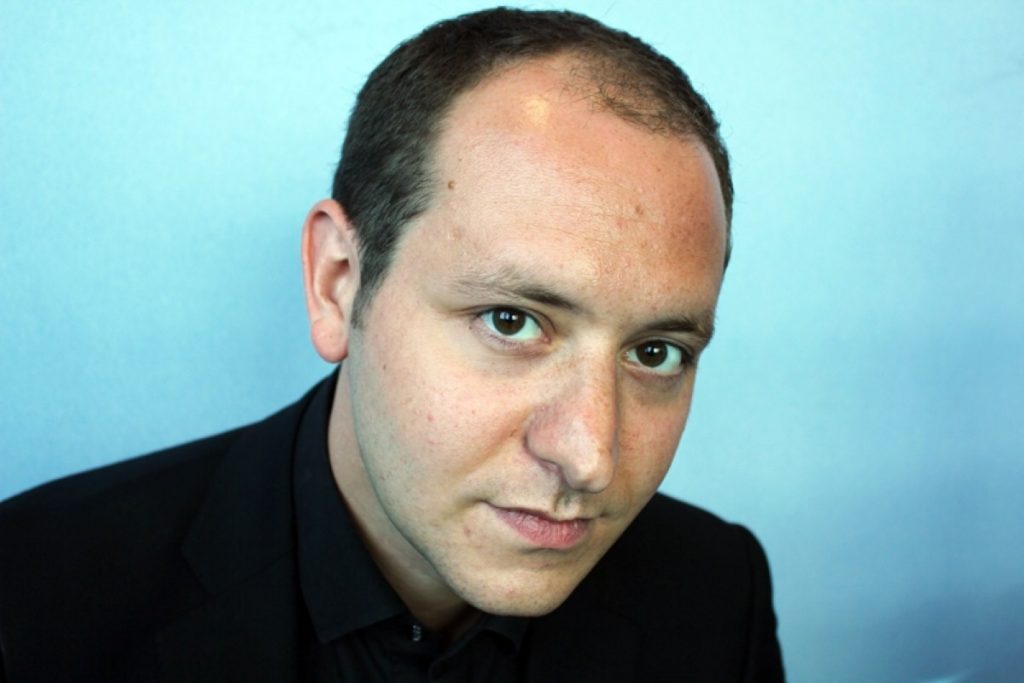Comment: John Terry should never have gone to trial
John Terry shouted 'black c***' at Anton Ferdinand on October 23rd 2011 during Chelsea's game against Queen's Park Rangers. He eventually faced criminal charges and an FA investigation, lost the captain's armband and triggered the resignation of Fabio Capello, which is probably the only good thing to have come out of it.
He should never have gone to trial because the law used against him should not exist.
Terry was charged with a racially aggravated contravention of Section 5 of the Public Order Act 1986, which outlaws threatening, abusive or insulting words or behaviour or disorderly behaviour within the hearing or sight of a person likely to be caused harassment, alarm or distress.
There are many people who want the law scrapped, not least former shadow home secretary David Davis and gay rights activist Peter Tatchell, both of whom supported the recent campaign against it. The list of insane arrests under the law barely needs repeating, but it includes an Oxford student who told a policeman his horse was 'gay', a man who called Scientology a 'cult' and countless protesters who irritated the police.


In May, when the Reform Section 5 campaign kicked off, there was considerable public sympathy for its position. When Terry was charged, the hatred of the Chelsea captain overrode any capacity for detached reasoning. Even when he was found not guilty, the online world was full of righteous indignation. No-one questioned whether it was appropriate to charge him at all, let alone find in his favour.
It's easy to say a student should not be charged for making a stupid joke. It's harder when you are also offended by the content. But the same political principle applies: No speech should be illegal unless it incites violence or severely threatens our immediate safety – such as crying 'fire' in a crowded theatre.
The law is precisely the wrong place for dealing with these issues. It cannot distinguish between racist and non-racist usage of racial terms and its construction does not even seek to do so. It cannot differentiate, for instance, between a group of friends jokingly taunting each other in racial terms on the street and a thuggish white supremacist. If someone overhears who 'is likely' to be offended, that is enough for prosecution, regardless of motive.
The use of the law oversteps the line into thought crime, no matter how strongly we feel about racism. Once you legislate for offence, an endless series of legitimate ideas can potentially fall outside of legal standards. It is an intolerable infringement of freedom of speech.
There is another way. It was demonstrated this week by the Huffington Post's Mehdi Hasan, who wrote a piece on the Islamophobia he faced as a Muslim commentator.
Islamophobia is different to racism, at least in so far as there are rational reasons why someone could formulate a position which opposed Islam – something which is not relevant to race. But the victimisation of a group, the creation of a climate of hatred and suspicion around them, shares enough qualities with racism for them to bear comparison.
The Guardian's Jonathan Freedland wrote in support of Hasan, urging readers to change the word 'Muslim' to 'Jew' whenever they read the sorts of comments he faced. This morning the Independent's Owen Jones joined in, saying non-Muslims should stand with those fighting Islamophobia.
Hasan said he was motivated by work from journalists like Helen Lewis and Laurie Penny at the News Statesman, who have been calling out some of the misogynistic abuse they receive as female bloggers.
This is the right way to deal with issues around racism: Social stigmatisation, rational argument, solidarity, cultural change.
Legal bans do not work either culturally or legally. They have no effect on the people they target, but they do foster a feeling of 'political correctness gone mad' oppression which actually makes them even less receptive to argument. They are an abuse of freedom of speech. They suggest lack of confidence in the arguments of those of us who fight against prejudice.
Racism will never be defeated in the courts. You can't outsource the fight against it to the police and the Crown Prosecution Service. It's our job.
The opinions in politics.co.uk's Comment and Analysis section are those of the author and are no reflection of the views of the website or its owners.












